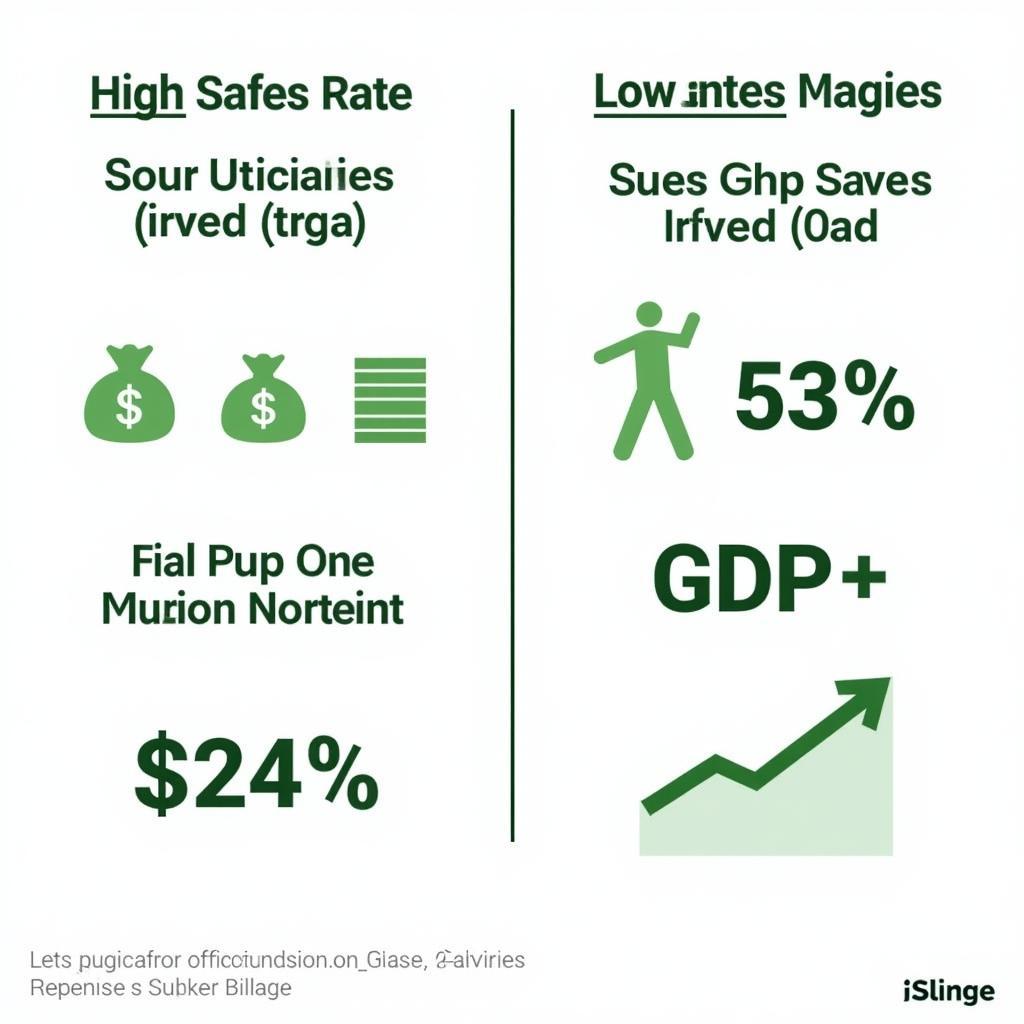The role of interest rates in economic growth has been a recurring topic in IELTS Writing Task 2, appearing roughly 3-4 times annually in recent years. Based on analysis from major IELTS preparation websites and past exam databases, this economic theme is likely to continue featuring prominently, especially given its relevance to global financial policies and the influence of monetary policy on economic growth.
Analysis of Sample Question
Some economists believe that a country’s central bank should maintain high interest rates to encourage saving and control inflation. Others argue that lower interest rates are necessary to stimulate economic growth. Discuss both views and give your opinion.
This question requires:
- Discussion of two contrasting viewpoints
- Analysis of economic impacts
- Personal perspective
- Clear examples and reasoning

Sample Essay 1 (Band 8.5)
The debate over optimal interest rate policies has significant implications for importance of financial inclusion for economic development. While some economists advocate for higher rates to promote saving and price stability, others favor lower rates to boost economic activity. In my view, a balanced approach that considers economic conditions is most effective.
High interest rates offer several advantages. Firstly, they incentivize saving by providing better returns on deposits, which helps build a stable financial foundation for future investment. Additionally, elevated rates help control inflation by reducing money supply and consumer spending. For instance, when South Korea increased interest rates in the 1980s, it successfully managed inflation while maintaining robust importance of savings accounts in financial growth.
However, lower interest rates can stimulate economic growth through multiple channels. When borrowing costs decrease, businesses are more likely to invest in expansion and innovation. Consumers also benefit from cheaper mortgages and loans, leading to increased spending and economic activity. Japan’s experience with low interest rates in the 2000s demonstrates how this policy can support economic recovery during periods of stagnation.
In my opinion, the optimal interest rate policy depends on economic circumstances. During periods of high inflation or excessive speculation, higher rates may be necessary to maintain stability. Conversely, during economic downturns, lower rates can provide crucial stimulus. The success of interest rate policies often depends on their timing and implementation rather than adherence to a fixed position.
Sample Essay 2 (Band 6.5)
Interest rates are very important for economic growth. Some people think high rates are good, while others prefer low rates. I will discuss both sides and give my opinion.
High interest rates can be good because they help people save more money. When banks offer high rates, people put more money in their accounts. This helps fight inflation because less money is spent in the economy. For example, many Asian countries used high rates to control prices in the past.
On the other hand, low interest rates can help the economy grow. When rates are low, businesses can borrow money easily to expand. People can also buy houses and cars more cheaply. This increases spending and helps create jobs. Countries like America often use low rates during difficult times.
I think both high and low rates can be useful at different times. It depends on what problems the economy faces. Sometimes high rates are needed to stop inflation, but other times low rates help growth. The government should change rates based on the situation.
Scoring Analysis
Band 8.5 Essay:
- Clear, logical structure
- Sophisticated vocabulary: “incentivize,” “robust,” “stagnation”
- Complex sentence structures
- Well-developed arguments with specific examples
- Cohesive linking of ideas
Band 6.5 Essay:
- Basic but clear organization
- Simple vocabulary and grammar
- Limited use of complex structures
- Basic examples
- Some repetition
Key Vocabulary
- Monetary policy (n) /ˈmʌnɪtəri ˈpɒləsi/ – Actions of a central bank to control money supply
- Inflation (n) /ɪnˈfleɪʃən/ – General increase in prices
- Stagnation (n) /stæɡˈneɪʃən/ – Period of little or no growth
- Incentivize (v) /ɪnˈsentɪvaɪz/ – Motivate or encourage
- Stimulus (n) /ˈstɪmjʊləs/ – Something that encourages activity or development
For further practice, consider writing about the pros and cons of high-interest savings and how they relate to importance of building an investment portfolio. Share your essays in the comments section for feedback and discussion.